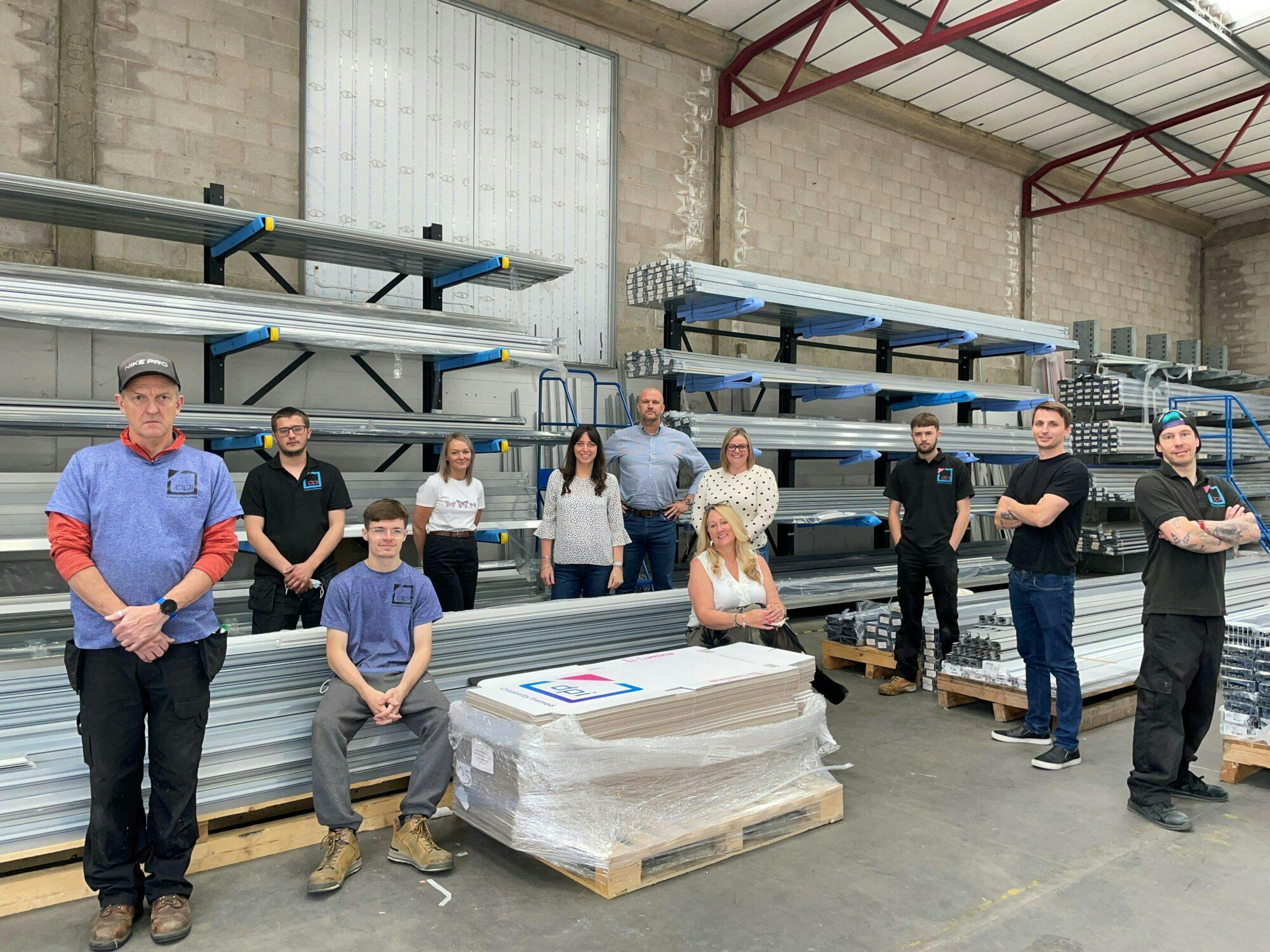- Home
- Our business culture and why it matters to our customers
Our business culture and why it matters to our customers
A lot of people in business talk about culture. Like brand, it’s something that can define your business and add to your identity. But does your business really need a culture and, if you have one, would it make a difference to your customers? As everyone knows, the plain truth is that people buy from people. Before they do, they want to know that you know what you’re doing. That you’re the experts. They want the confidence to buy from you. And the best way to deliver that message to someone who has never met you before? Through your culture.
What is the EFKA culture?
Business culture is all about what you stand for. The shared values and characteristics of your people and how you express that in your work and in your marketing. Every word that is written, picture shared and jingle written about your business reflects on who you are.
At EFKA Frame Solutions, we are very proud of our team, our values and our approach. Our culture can be summarised in three sentiments – customer focused, quality and integrity. We believe that if we share these common values as individuals, it creates a shared ethos within the business. Of course, this is all well and good as an intention, but how do we turn it into a reality?
Customer focused, quality and integrity
The important thing to remember about culture is that it’s not a management thing. It’s not something that can be imposed from above. Everyone in the business needs to buy into it. To do this we need to have open and honest conversations with our team. Everyone should understand and believe in these values.
For example, consider our products. We work with electricity. We need to work with integrity, and not try to take shortcuts which could end up hurting people. Our lightboxes are the foundation on which our client’s messages are displayed, and the design and display need to create the best environment they can. Our customers put their faith in us to do our job properly, and deliver quality products. It’s our customer focus that ensures this happens. By openly discussing our values with our teams, we are sure that we are all working to the same goals. And we empower them to take responsibility for upholding those values, and building our culture.
Empowering our team to create and strengthen our business culture
Why do our people buy in to our culture? We often talk about creating a happy work environment. But what actually makes that happen? It’s not long lunch breaks and cake on Fridays. It’s nice to know everyone is having a fantastic time, but actually we still have to deliver the job. What we do all want, simply enough, is to feel valued. We want to know that we have done a great job, and be recognised for it. To do that we need an environment where people are empowered to make decisions, and accountable for the results.

Sharing our culture with our customers
Of course, we don’t need to explain our culture to every customer. The aim is not to provide you with a brochure – or a blog post – that outlines what we believe in, and have you read it. Our customers should experience our culture in in every interaction you have with us. From the first enquiry to seeing your lightbox on display, you should have found us to be customer focused, our products of fantastic quality and integrity in every step of the process. And that is how our culture benefits our customers.
